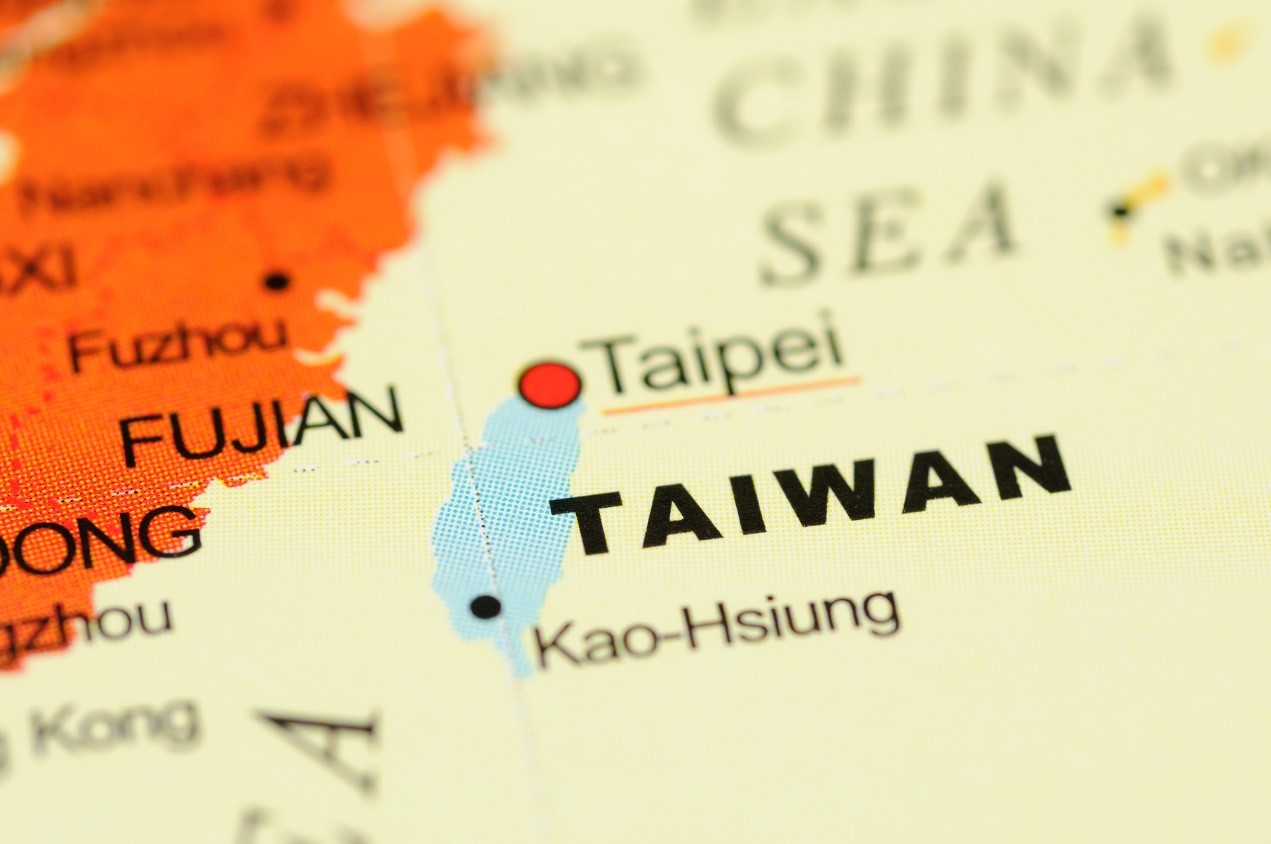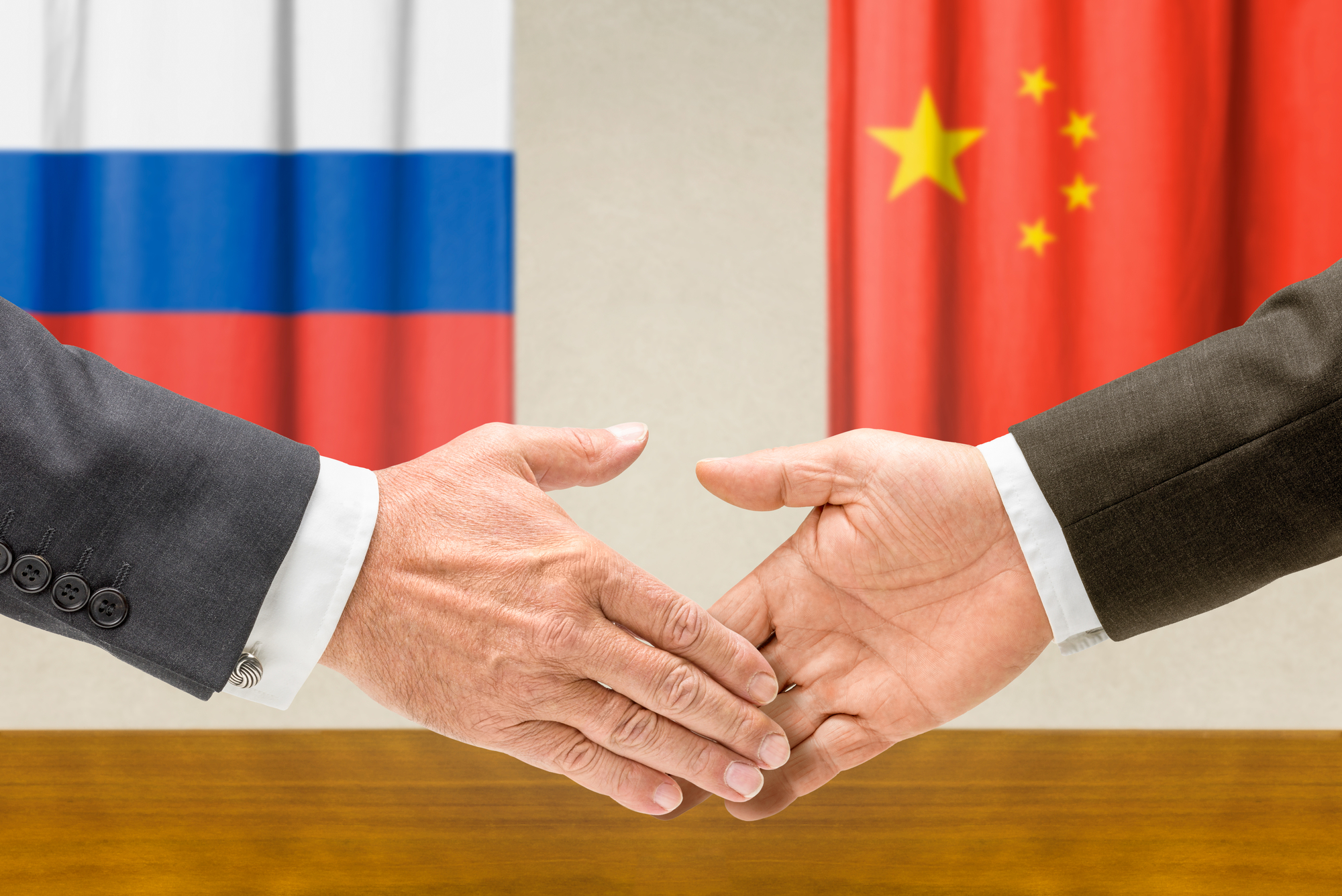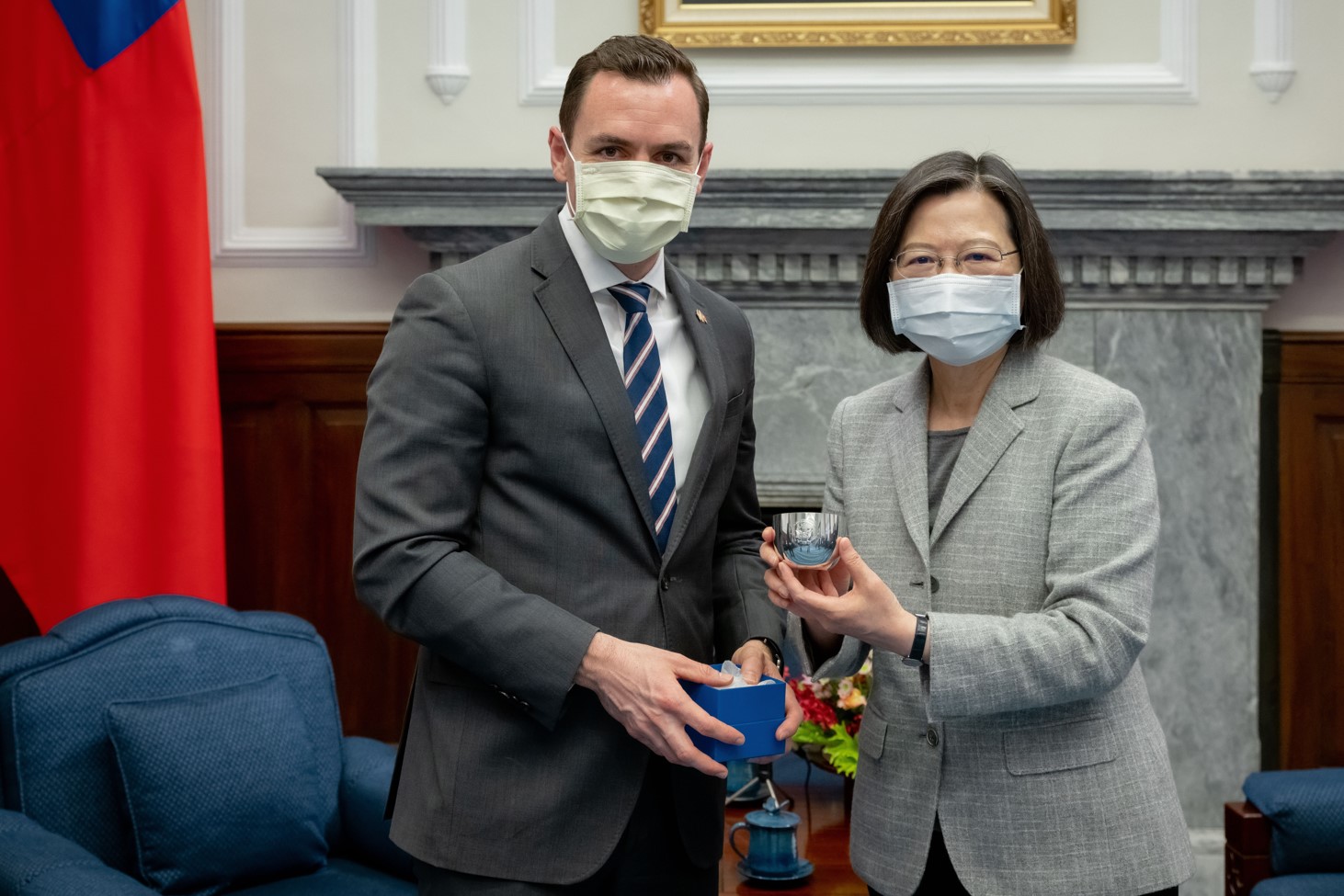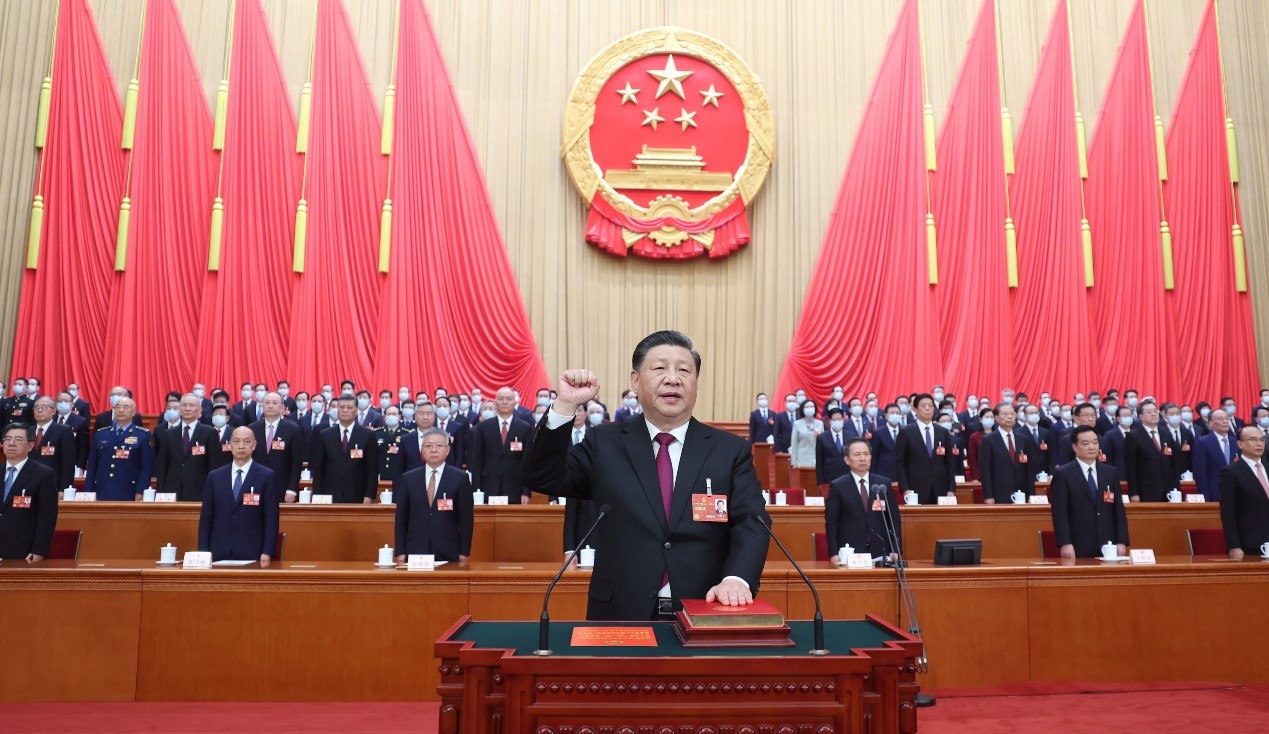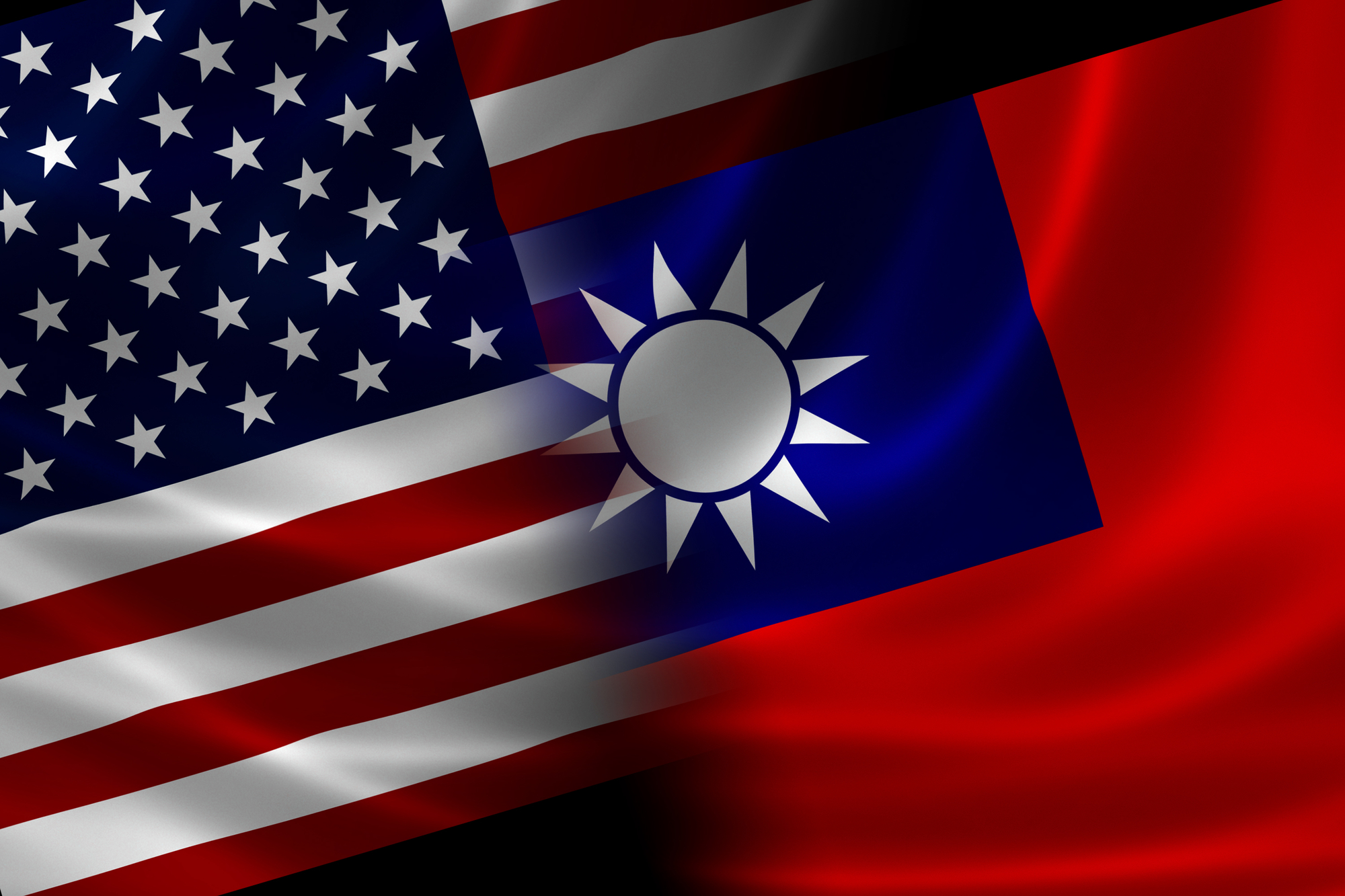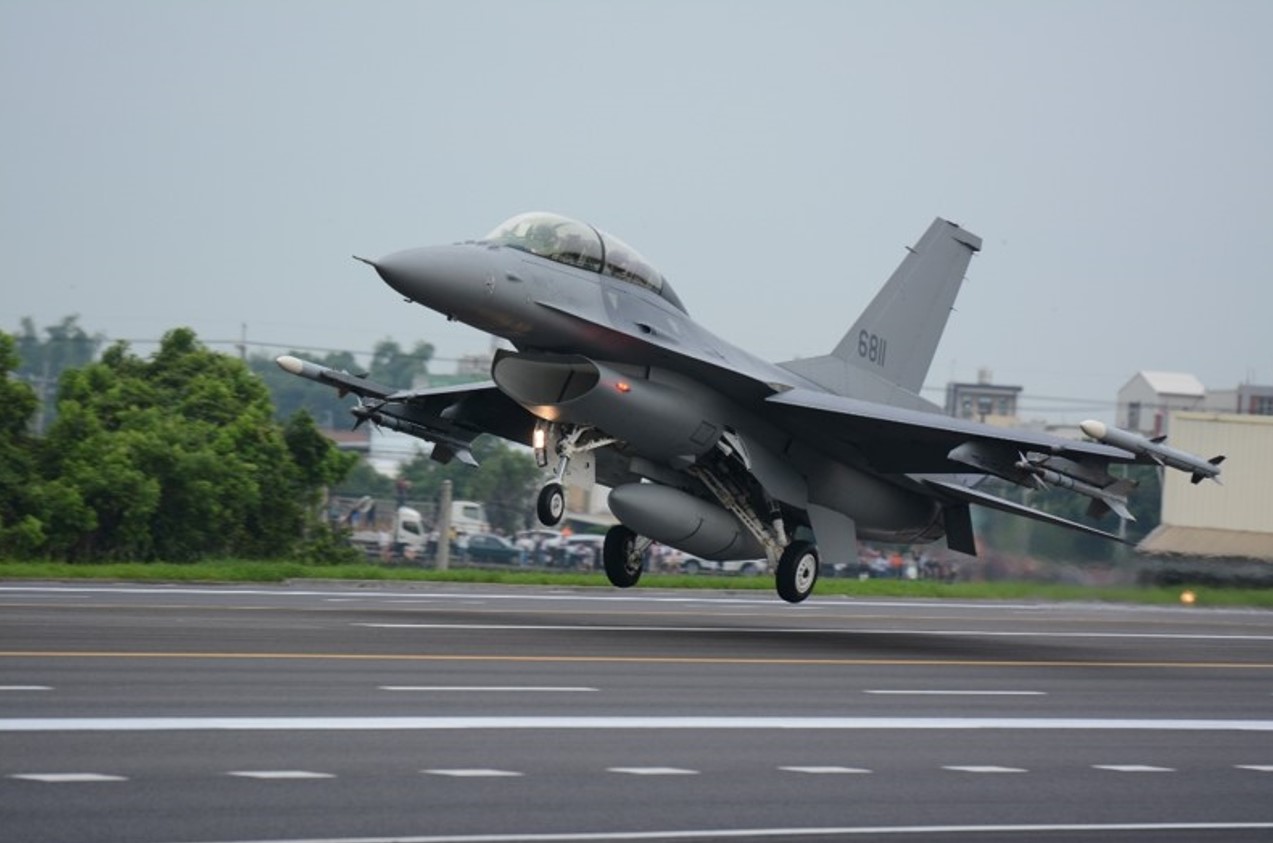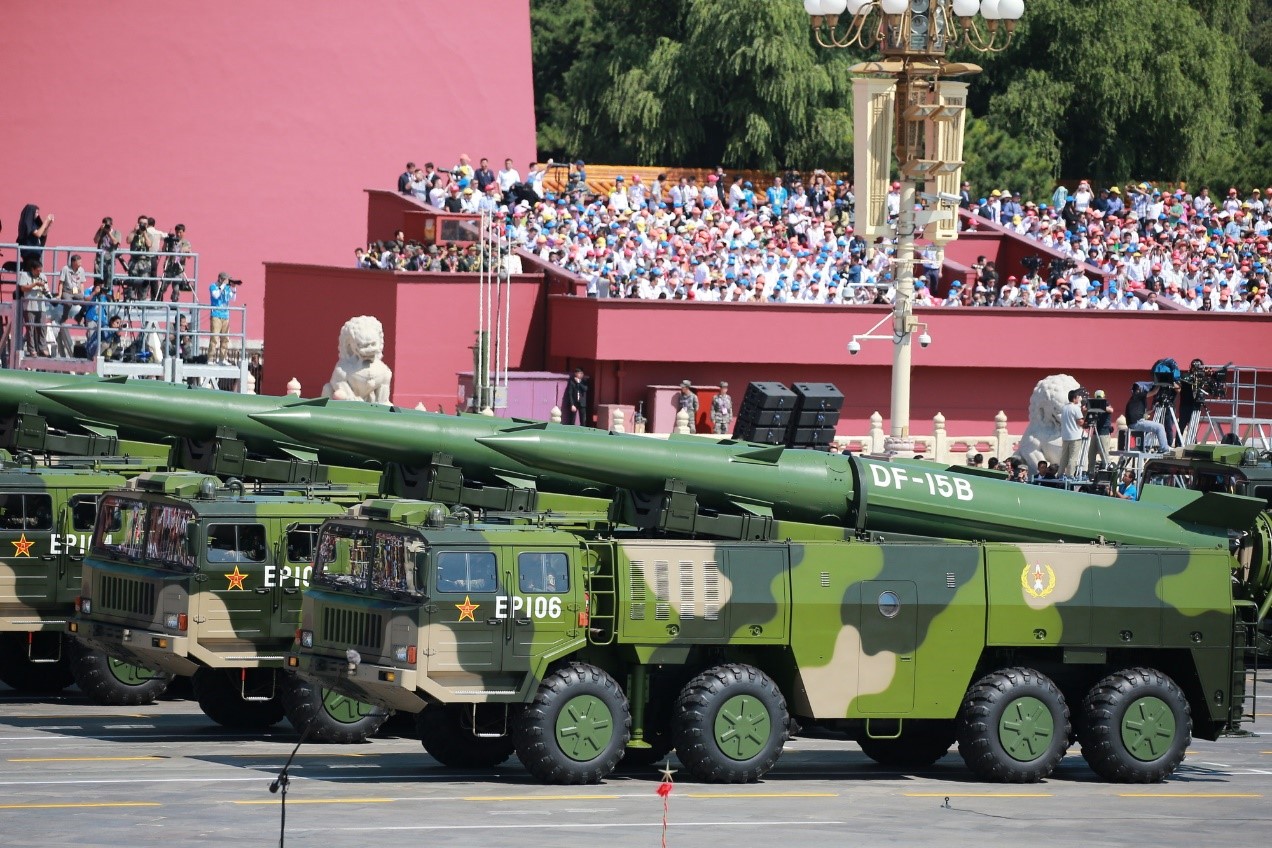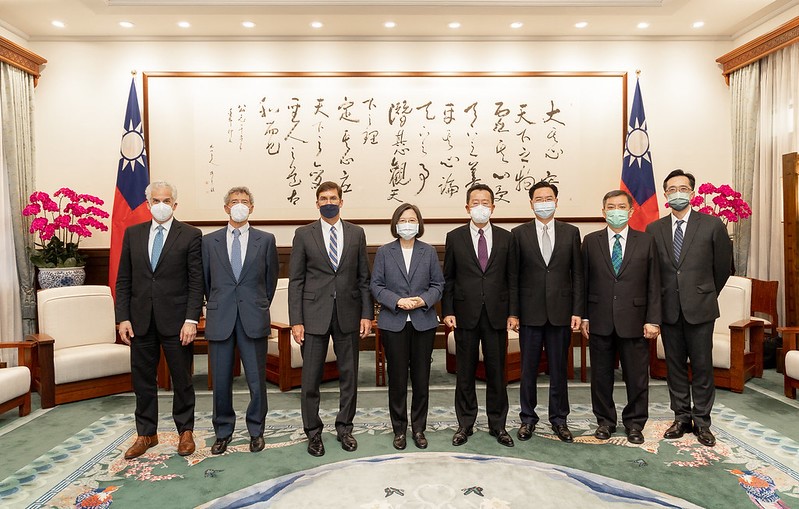American support, including from a Congress that has made Taiwan’s security a major objective, will only grow stronger over time. No U.S. president can ignore these facts, particularly given the rock-solid bipartisan support this spirited young democracy enjoys from both the White House and the Congress. Picture source: Depositphotos.
What Can Taiwan and China Expect from the New U.S. Congress?
Prospects & Perspectives No. 12
By Stephen M. Young
One of the many prescient policies pursued by Taipei over the years has been the assiduous cultivation of members of the U.S. Congress, both on the House and Senate side. This dates back many decades but became even more important after the U.S. broke formal diplomatic relations with the Taipei government in 1979. The Taiwanese government has long understood the central role that U.S. Congress plays in the formation and implementation of foreign policy. This is not to say that Taipei neglects the Executive branch. Notwithstanding the absence of formal ties, Taipei has nurtured informal contacts on the Hill to bolster the robust links it enjoys across the board with officials of importance in the government.
Another salient aspect of the Taiwan's relations with the U.S. has long been building solid connections with state and local officials, businesspeople, academics, and members of the press across the country. This multifaceted approach is an insurance policy that friends — in and out of government — will be up to speed and supportive of Taiwan’s policy needs as it faces an increasingly assertive and threatening China.
The New U.S. Congress Will Continue to Stand for Taiwan
There is every reason to believe that the newly seated U.S. Congress will continue the close ties with Taiwan that have such a long and productive history. Some might suggest the shift to a Republican majority in the House may damage this relationship. I respectfully disagree. Leading Republicans from Mitch McConnell to Lindsey Graham have spoken out in favor of continued support for Taiwan. New Speaker Kevin McCarthy has also promised to follow Nancy Pelosi’s example by visiting Taipei.
Republican Senator Todd Young, who recently visited Taiwan, has said “I think every member of Congress should visit Taiwan.” He has also penned legislation to counter China’s semiconductor industry and economic coercion by strengthening trade and commerce ties with allies. At this writing, U.S. Representative Ro Khanna, a California Democrat, is leading a bipartisan Congressional delegation to Taiwan to bolster economic ties as the relationship between Washington and Beijing comes under fresh strain. The House Select Committee on Strategic Competition between the United States and the Chinese Communist Party (CCP) is planning a visit to Taiwan in a few months.
Support, both rhetorical and practical, for Taiwan is deeply imbedded in both houses of the U.S. Congress. Even if some U.S. administrations might be less inclined to take Taiwan’s side, the Legislative branch of Washington will, when necessary, ensure continuity in U.S. support for Taiwan. That support is more than rhetorical, as approval for arms sales enjoys bipartisan support on the Hill. The ongoing war in Ukraine has elevated concern across party lines that the U.S. must make clear our intention to protect and preserve Taiwan’s autonomy and vitality in the face of ongoing threats from China.
No sitting president can ignore this bilateral support, though it is fair to say the current White House also understands the importance of Taiwan. The island-nation remains one of our leading trading partners, as well as the world’s largest supplier of the advanced semiconductors that power our phones, computers, cars, appliances, and other electronics. The relationship is mutual. Taiwan relies on our Congress and the Executive branch to approve arms sales to the island. This ensures the island is obtaining the weaponry and technology necessary to defend itself, should Beijing be so foolish as to attack it.
Under the 1979 Taiwan Relations Act and subsequent legislation, the U.S. is committed to Taiwan’s security. This includes the comprehensive Taiwan Enhanced Resilience Act, enacted in December 2022, which significantly enhances American’s security ties with Taipei in several areas. Some have quibbled about the intensity of American security commitments. But as President Biden himself has stated more than once, the U.S. stands ready to do “whatever it takes” to ensure the continuing security of the island. This is arguably a policy position both necessary and proper to our longstanding ties with Taiwan.
Looking ahead, it is crucial that the U.S. continue to expedite approval of arms sales necessary for Taiwan’s defense. Washington must also continue its robust military presence in East Asia, including in Japan, Korea, and the Philippines, as well as our good relations with Indochina and Southeast Asia. For all of them fear the rise of China, given the possibility that Beijing might harbor aggressive intentions toward them and their way of life.
Taiwan Thrives with U.S. Support
All of this is closely wedded to stalwart Congressional support for Taipei. There is no sign that this is under threat, either from the Executive or Legislative branches of government. So long as Taiwan remains a beacon of democratic and open society, that will not change. It would be terrific if the PRC evolved into a more transparent and open democracy. This would be welcomed by the majority of its citizens, though they are forbidden to even speak of such change under the current authoritarian regime.
First, China’s economy has been slowing down dramatically, after a long spell of double-digit growth. Second, demographics are not in China’s favor. The country faces an aging population that the younger generation will find more difficult to care for under current circumstances. In addition, as a tragic side effect of the “one child policy” invoked by Deng Xiaoping a generation ago, there are far more young men looking for brides than are available. This because so many families in the eighties and nineties chose to abort female fetuses. As a result, there are simply not enough eligible young women to go around — a powder keg in the making.
In sum, Taiwan is doing well, and can expect to continue its sterling progress. Democracy is now firmly etched into the island state’s culture. Taiwan has managed to keep upgrading its economic model to stay ahead of the game. Its 24 million people are industrious, and proud of their successes under difficult conditions.
American support, including from a Congress that has made Taiwan’s security a major objective, will only grow stronger over time. No U.S. president can ignore these facts, particularly given the rock-solid bipartisan support this spirited young democracy enjoys from both the White House and the Congress.
Taiwan and its democratic system are in good shape and will continue to thrive for a long time to come.
(Stephen M. Young is former Director, the American Institute in Taiwan; Ambassador of U.S.(ret.)


